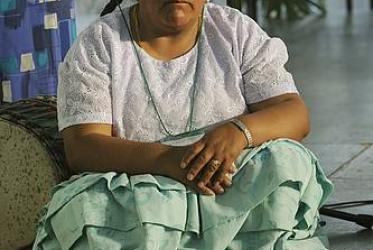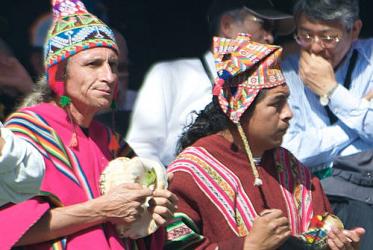Displaying 1 - 11 of 11
Christian self-understanding in the context of indigenous religions
14 February 2012
WCC supports Ecuador’s Yasuni project
13 October 2011
Struggles against discrimination can benefit all
30 June 2011
WCC to strengthen ecumenical support for peace efforts in Colombia
08 December 2010
December 2005
28 November 2005
April 2004
25 March 2004





